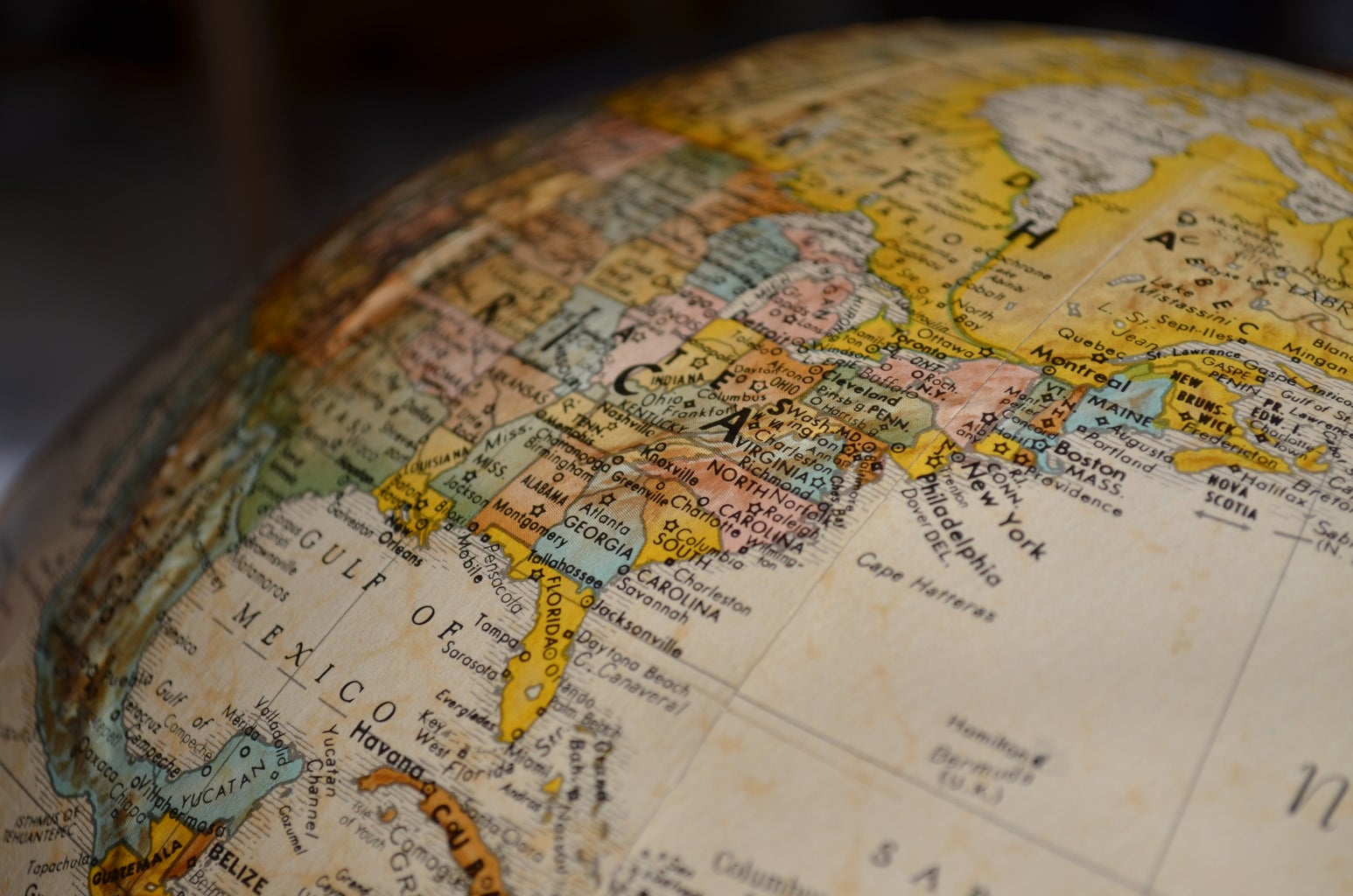When I decided to study abroad in Ghana, I had a minimal idea about what to expect. Since I had previously traveled alone to study abroad in Thailand, I thought I was prepared for any potential challenges that could arise. Now that I am taking time to reflect on my trip, I can confidently say that Ghana is the most challenging yet rewarding country I have been to so far.
Before the trip, I spoke with a few other Black people to get an idea of what to expect of the people and the culture. Everyone I spoke to thoroughly enjoyed their experience and described feeling intrinsically connected to the country. Like me, they were drawn in by Ghana’s epic transformation from the epicenter of the slave trade, to the first African country to gain independence. Unlike other places I have traveled to, Ghanaians do not view their country on an individualistic level—they instead choose to view the country’s history as an extension of Pan-Africanism.
For those unfamiliar with the concept of Pan-Africanism, this is a movement that aims to unify the bond between all members of the African diaspora. Ghana has a history of good relations with several American civil rights activists; today, many Black Americans are making the journey in search of economic stability and a place of belonging. While many Black American travelers will describe landing in Ghana and being overwhelmed with the feeling of returning home, I would say this was more of a gradual process for me.
The first thing that hit me was the humidity. The warmth that enveloped me was a sobering reminder that I was far from home. The second, and most striking realization occurred when I realized that everyone at the airport looked like me. Ghana is a very homogenous country where over 90 percent of the population are Black Africans. While I had assumed that I would fit in seamlessly based on my skin tone, it is important to note that many people were still able to tell that I was a foreigner and this can invite a lot of attention. Since I was traveling around Ghana with people of other ethnic backgrounds, our entire group would experience a variety of uncomfortable comments, especially from men. Men in Ghana are very forward when it comes to approaching women, and they will often expect some sort of response.
These interactions do become somewhat easier over time but, the comments and stares extend beyond just the men, as many people will openly make comments about those who are foreigners. Most of these remarks are not made to offend, but they can still be hurtful. Throughout the month of my stay, I had to get used to being stared at and either choose to engage with or ignore random comments.
Being so visible was one of the most difficult aspects of Ghana to adjust to, but this did not negatively shape my experience. Throughout the internship, I was able to meet and learn from many people who taught me about Ghana’s journey to independence and the connections between the economy and the healthcare system. Over time, I learned that direct communication is part of Ghanaian culture, and oftentimes a smile and a greeting are all it takes to have a positive connection with someone.
While I will admit that I was mistaken for a local a few times, most of my time in Ghana was spent looking in from the outside as I navigated the landscape and culture as a foreigner. For every Black American who plans to visit Ghana in the future, it is okay not to fit in as well as you thought or hoped. What enhanced my trip was my initial disconnectedness which led me to develop a better understanding of Ghana and Ghanaian people. After living in and learning about Ghana for over a month, I experienced that feeling everyone talked about. I now consider my homestay in Ghana to be my home away from home and I am looking forward to going back in the future.




